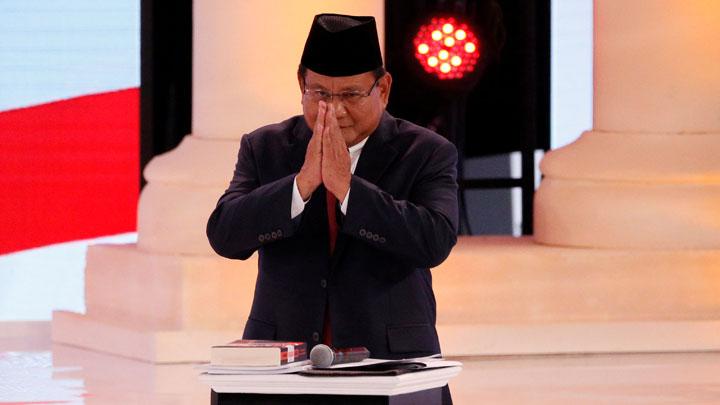
TEMPO.CO, Switzerland - Diplomats scrambled Tuesday, March 31, 2015, to reach consensus on the outline of an Iran nuclear deal just hours ahead of a self-imposed deadline to produce an agreement.
The top diplomats of four of the five permanent members of the United Nations Security Council and Germany met alone and then with Iran's foreign minister to try to bridge the remaining gaps. They hope to hammer out an understanding that would serve as the basis for a final accord to be reached by the end of June.
It was not immediately clear what missing the deadline would mean for the nearly two years of negotiations that have been twice extended since an interim agreement was reached in November 2013. Most countries involved have said they are not interested in another extension, although they have also said that the interim agreement will remain in place until July 1, suggesting talks could continue.
"Long day ahead," the spokeswoman for the US State Department said in a tweet announcing the early Tuesday morning start of the foreign ministers' meeting with Iranian officials.
Late Monday, Secretary of State John Kerry told a CNN reporter that "everyone knows the meaning of tomorrow," adding that "there are still some tricky issues."
Kerry has been meeting with his Iranian counterpart Mohammad Javad Zarif in the Swiss town of Lausanne since Thursday, March 26, 2015, in an intense effort to reach a political understanding on terms that would curb Iran's nuclear activities in exchange for sanctions relief.
Kerry and others at the table said the sides have made some progress, with Iran considering demands for further cuts to its uranium enrichment program but pushing back on how long it must limit technology it could use to make atomic arms. In addition to sticking points on research and development, differences remain on the timing and scope of sanctions removal, the officials said.
German Foreign Minister Frank-Walter Steinmeier said Monday that Iran's expectations from the talks are "very ambitious" and not yet acceptable to his country or the other five negotiating: the United States, Britain, China, France and Russia. Russian Foreign Minister Sergey Lavrov left the talks on Monday and planned to return only if the prospects for a deal looked good.
Iran's deputy foreign minister, Abbas Araghchi, told Iranian state television on Monday that the talks were not likely to reach any conclusion until "tomorrow or the day after tomorrow."
The Obama administration says any deal will stretch the time Iran needs to make a nuclear weapon from the present two to three months to at least a year. But critics object that it would keep Tehran's nuclear technology intact.
Officials in Lausanne said the sides were advancing on limits to aspects of Iran's program to enrich uranium, which can be used to make the core of a nuclear warhead.
Tehran has said it is willing to address concerns about its stockpiles of enriched uranium, although it has denied that will involve shipping it out of the country, as some Western officials have said. One official said on Monday that Iran might deal with the issue by diluting its stocks to a level that would not be weapons grade.
Uranium enrichment has been the chief concern in over more than a decade of international attempts to cap Iran's nuclear programs. But Western officials say the main obstacles to a deal are no longer enrichment-related but instead the type and length of restrictions on Tehran's research and development of advanced centrifuges and the pace of sanctions-lifting.
Over the past weeks, Iran has moved from demanding that it be allowed to keep nearly 10,000 centrifuges enriching uranium, to agreeing to 6,000. The officials said Tehran now may be ready to accept even fewer.
Tehran says it wants to enrich only for energy, science, industry and medicine. But many countries fear Iran could use the technology to make weapons-grade uranium.
AP























